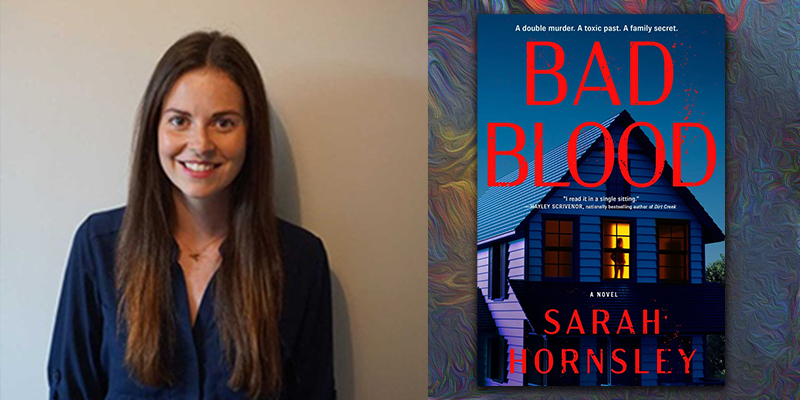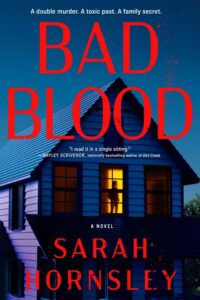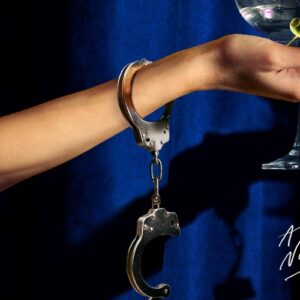When I was seventeen, I got my first part-time job as a lifeguard, and it was there that I was regularly physically assaulted by an older male colleague. It was a tale as old as time: the guy had asked me out, I’d rejected him, and then the abuse had begun. Eventually, the police were called both by a colleague, who had noticed things weren’t right, and a customer, who had seen me being kicked to the floor through a crack in a door. My parents were soon informed, and I can vividly picture meeting with a policeman at my workplace with my mum beside me. I remember somehow feeling guilty for what had happened to me. I felt ashamed and embarrassed. But overwhelmingly, I worried how my parents would react.
I had a close but very complicated relationship with my parents. At that time my mum wasn’t well. Life wasn’t normally about me; it was about getting Mum better. I felt guilty about the attention—another problem to deal with. But I also remember feeling relieved. Now that the truth about what had been going on was out in the open, we’d be able to talk about it. Unfortunately, it didn’t exactly go that way. In fact, we barely talked about it at all. After that meeting, what happened to me was swept under the rug.
In 2020 I became a mother and having my own daughter led me to re-examine moments from my life. I thought about the things I wanted to replicate for as a parent, the things I wanted to protect my daughter from. When I looked back at the things that had shaped me growing up, I was struck by a common element that always seemed to amplify my problems and cause the most anger: the silence.
I cannot speak for all victims of assault, but in my own experience, there was nothing lonelier than people knowing what had happened . . . but acting like they didn’t. It felt like my world had been shattered while everyone else’s just kept turning, even the people who were supposed to love and protect me the most. Where was their outrage? Where was their hurt? Their silence and lack of action, in effect, invalidated my feelings about the assault. In the years that followed, that void had a stronger effect on me than the assault itself. It changed my friendships, my personal interactions, and certainly my relationship with alcohol and self-destruction.
I used this idea as a jumping-off point for my debut novel, Bad Blood, which follows a criminal lawyer, Justine, who has lived with a horrible family secret for much of her life. Silence, ironically, serves up the loudest plot point. The book hinges around a single event that creates repercussions for every family member—one that no one talks about.. Ultimately, their pervasive silence allows for misinterpretations, resentments, and lies to stack up until almost twenty years later, when everything disastrously crashes down. If these characters had only spoken about everything more, could the ending have been avoided entirely?
Writing Bad Blood has been a fascinating, and ultimately transformative, experience. They say that writing can be cathartic, but for me this wasn’t the case at all. It dredged up feelings of anger, sadness, and disappointment from the past. When I was asked about my inspiration in the context of publicizing the book, I was held back by a feeling of loyalty toward my family who, despite the events of my youth, I still have a very close relationship with. Family is complicated! My husband, very plainly and sensibly, told me I couldn’t speak about anything publicly until I’d told my parents about how I felt. And so, I did. And then everything started to shift.
I told them I was frustrated that they didn’t seem to understand how much I had been hurting. They, in turn, shared their motivations and intentions in how they reacted. Through talking about it and hearing their side of the story, my anger started to lift. It’s ironic, now, that I had been writing so fervently about how the silence around something is as dangerous as the thing itself—and yet, I too had stayed silent about my own feelings. In talking about it, we’ve moved through it. And it makes the themes in Bad Blood feel even more poignant. We are so conditioned to feel shame and put on a stoic front, but my experience has proved that there is nothing more powerful than talking, no matter how uncomfortable it might feel at first.
***


















